Date: Thu 31 May 2018
Matching Commentaries:
Commentary for Exeter Riddle 84
Riddle 84 is translated by Beth Whalley, a PhD candidate at King’s College London. She works on (SOLUTION SPOILER ALERT!) water and waterways in early medieval culture and the contemporary arts.
Note that this riddle is another of the heavily damaged poems in the Exeter Book (so there are going to be A LOT of the ellipses below):
Original text:An wiht is on eorþan wundrum acenned,
hreoh ond reþe, hafað ryne strongne,
grimme grymetað ond be grunde fareð.
Modor is monigra mærra wihta.
5 Fæger ferende fundað æfre;
neol is nearograp. Nænig oþrum mæg
wlite ond wisan wordum gecyþan,
hu mislic biþ mægen þara cynna,
fyrn forðgesceaft; fæder ealle bewat
10 or ond ende, swylce an sunu,
mære meotudes bearn, þurh [……….]ed,
ond þæt hyhste mæge[…..]es gæ[….
………………] dyre cræft [.
………………………
15 .]onne hy aweorp[…………………….
..]þe ænig þara [……………………
……]fter ne mæg […………………
……..] oþer cynn eorþan […….
…………..] þon ær wæs
20 wlitig ond wynsum, [………..]
Biþ sio moddor mægene eacen,
wundrum bewreþed, wistum gehladen,
hordum gehroden, hæleþum dyre.
Mægen bið gemiclad, meaht gesweotlad,
25 wlite biþ geweorþad wuldornyttingum,
wynsum wuldorgimm wloncum getenge,
clængeorn bið ond cystig, cræfte eacen;
hio biþ eadgum leof, earmum getæse,
freolic, sellic; fromast ond swiþost,
30 gifrost ond grædgost grundbedd trideþ,
þæs þe under lyfte aloden wurde
ond ælda bearn eagum sawe,
swa þæt wuldor wifeð, worldbearna mægen,
þeah þe ferþum gleaw * * *(1)
35 mon mode snottor mengo wundra.
Hrusan bið heardra, hæleþum frodra,
geofum bið gearora, gimmum deorra;
worulde wlitigað, wæstmum tydreð,
firene dwæsceð,
40 oft utan beweorpeð anre þecene,
wundrum gewlitegad, geond werþeode,
þæt wafiað weras ofer eorþan,
þæt magon micle [………..]sceafte.
Biþ stanum bestreþed, stormum [……….
45 …………]len [………]timbred weall,
þrym[………………………..]ed,
hrusan hrineð, h[……………
………………]etenge,
oft searwum biþ [……………
50 ……………] deaðe ne feleð,
þeah þe […………………….
……]du hreren, hrif wundigen,
[……………………]risse.
Hordword onhlid, hæleþum ge[….
55 ……..]wreoh, wordum geopena,
hu mislic sy mægen þara cy[…]
Translation:On earth there is a creature born from wonders,
turbulent and fierce, she has a strong course.
She roars cruelly and proceeds across the depths.
She is mother to many great creatures,
5 the fair one travelling, she always hastens;
deep down is her tight grasp. No one may
with wise words make known her countenance
or the diversity of her kin,
the ancient creation. The father watches over all,
10 beginning and end, as the son,
glorious child of God through …
and that highest …
… secret skill …
…
15 … they cast away …
… any of them …
… may not after …
… other kindred … earth …
… which earlier was
20 beautiful and joyous, …
This mother is pregnant with virtue,
buoyed with wonders, laden with food,
bedecked with treasures, beloved by heroes.
Her strength is magnified, her might is revealed,
25 her form made worthy by her glorious uses.
This joyous glory-gem hastens to the bold.
She is eager for purity, bountiful, skill-swollen;
she is dear to the prosperous, helpful to the poor,
noble, extraordinary; boldest and strongest,
30 most covetous and greediest, she tramples on the foundation
of everything grown under the heavens
that men of old have seen.
So that she weaves glory, the power of earth’s children
as she is wise of mind * * *
35 a man more prudent of mind, a multitude of wonders.
She is harder than earth, older than heroes,
is more giving than gifts, more beloved than jewels;
she beautifies the world, produces plants,
extinguishes sin,
40 often from outside she casts a roof,
wondrously beautiful, throughout the nations,
that amazes men over the earth,
they are able greatly …
It is heaped up with stones, with storms
45 … timbered wall,
glory …
touches the earth, …
… near,
often is skillfully …
50 … nor feels death,
although …
… shaken, belly wounded
…
Un-close the word-hoard, for heroes …
55 …cover, open with words,
how diverse is power of those …
Click to show riddle solution?
Water
Notes: This riddle appears on folios 127v-128v of The Exeter Book.
The above Old English text is based on this edition: Elliott van Kirk Dobbie and George Philip Krapp, eds, The Exeter Book, Anglo-Saxon Poetic Records 3 (New York: Columbia University Press, 1936), pages 236-8.
Note that this edition numbers the text Riddle 80: Craig Williamson, ed., The Old English Riddles of the Exeter Book (Chapel Hill: University of North Carolina Press, 1977), pages 113-15.
Textual Note:
(1) Although there’s no problem with the manuscript at this point, the sense suggests that something is missing from the text here.
Tags:
anglo saxon
exeter book
riddles
old english
solutions
riddle 84
Related Posts:
Commentary for Exeter Riddle 84
Exeter Riddle 55
Exeter Riddle 56
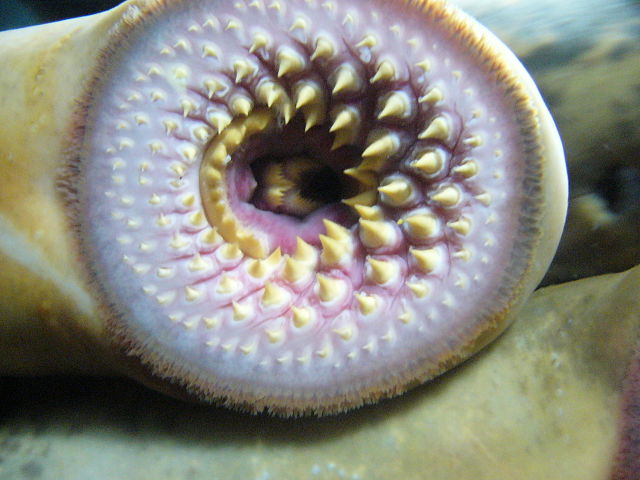
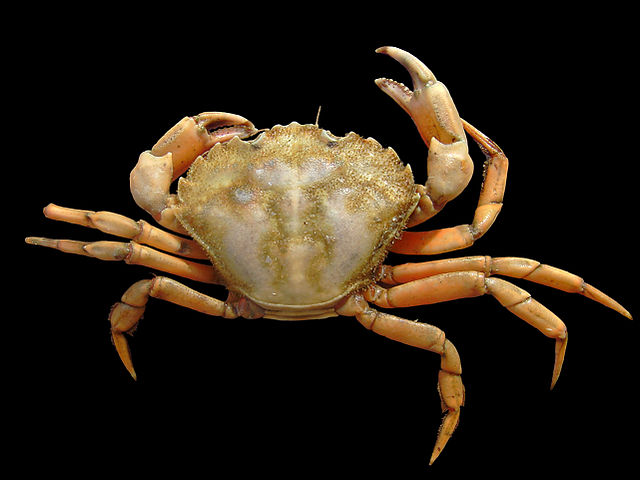
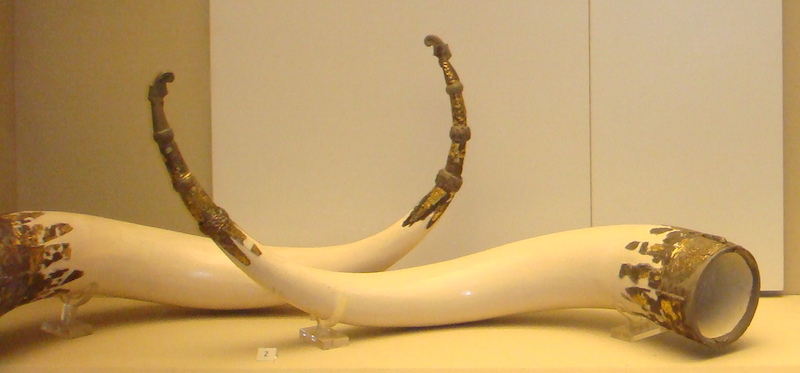
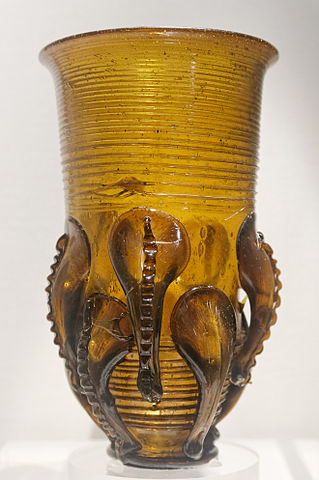
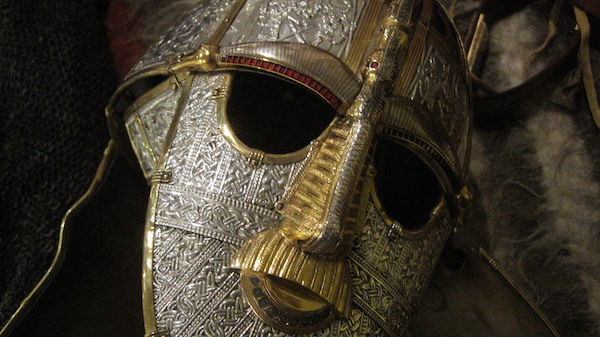
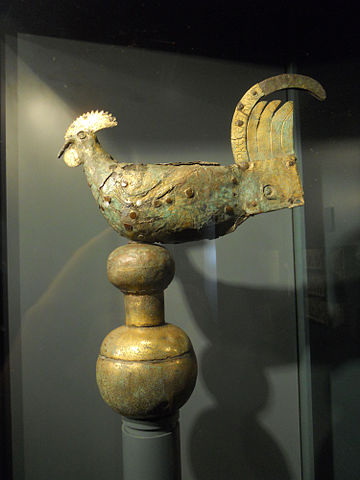
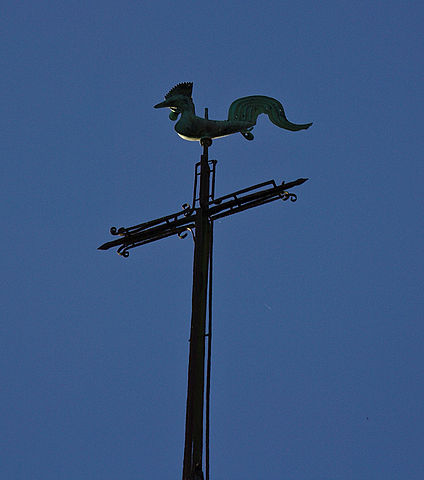
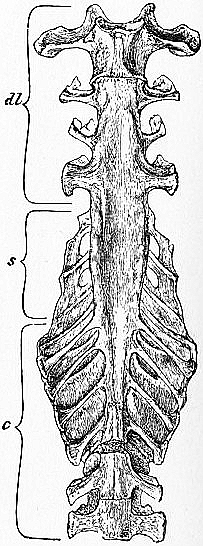
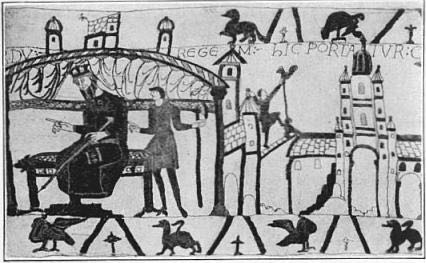
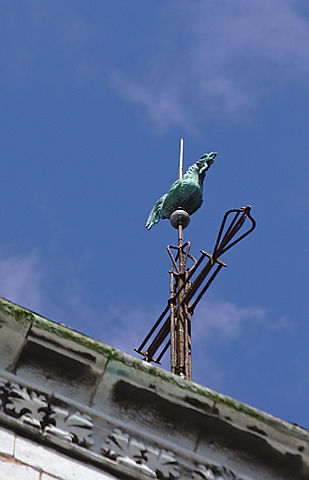
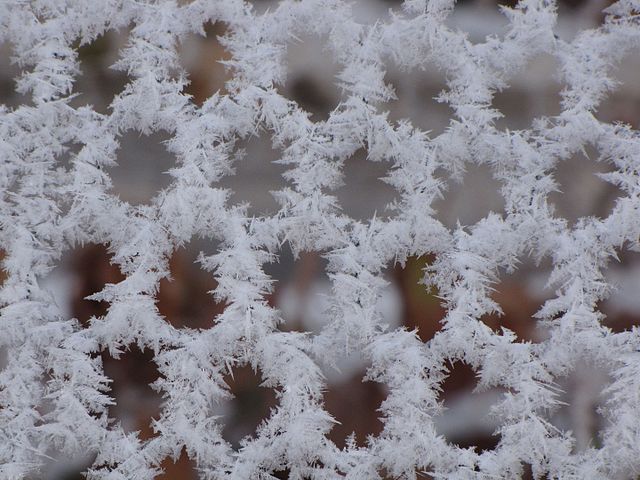
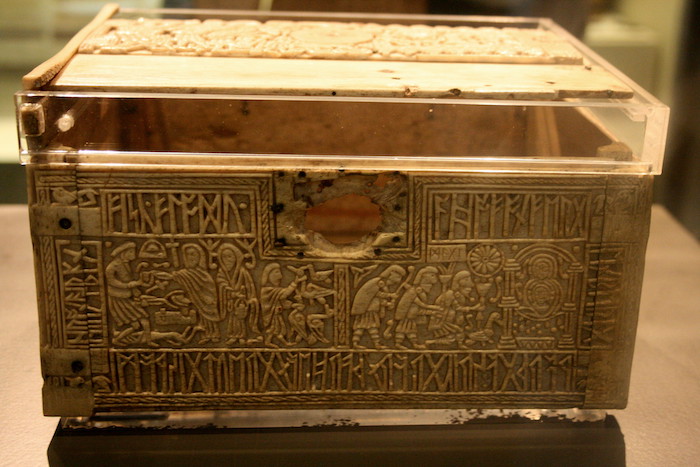
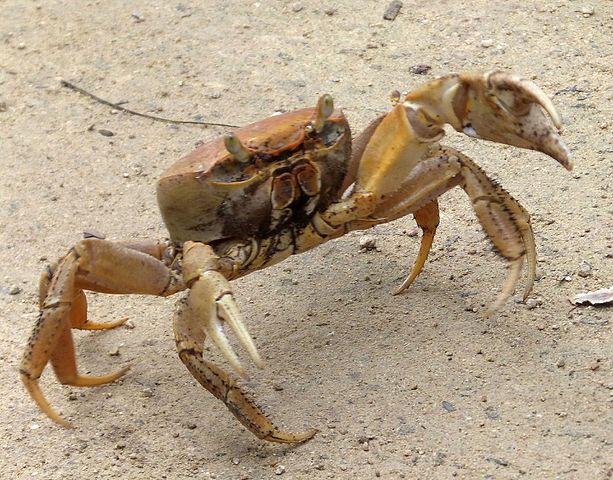
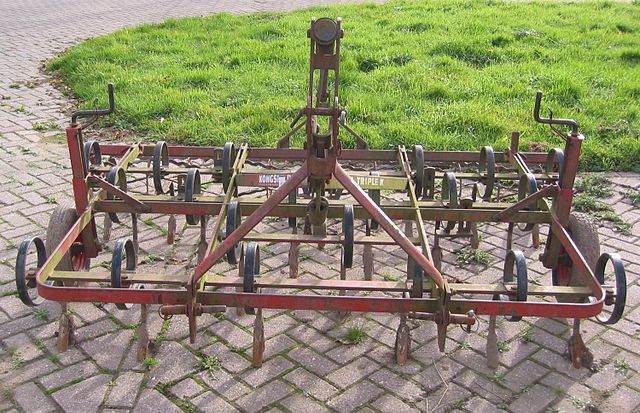
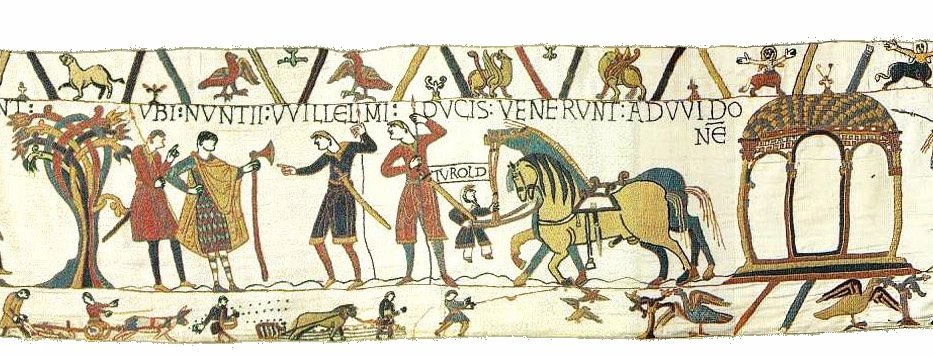
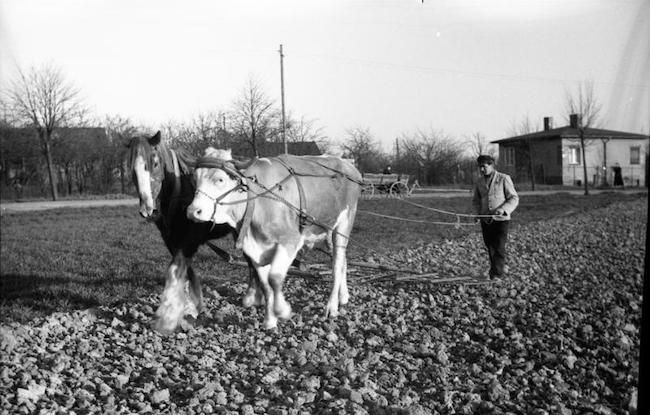
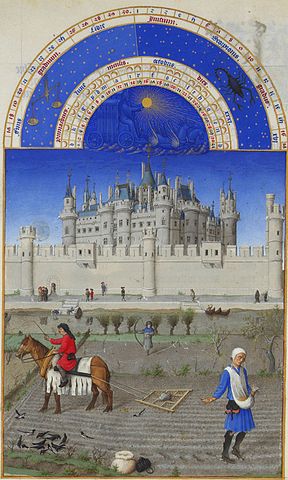
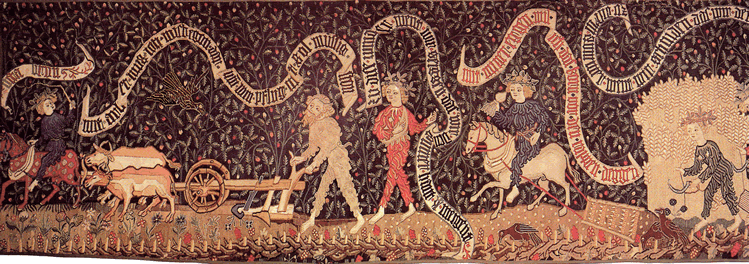

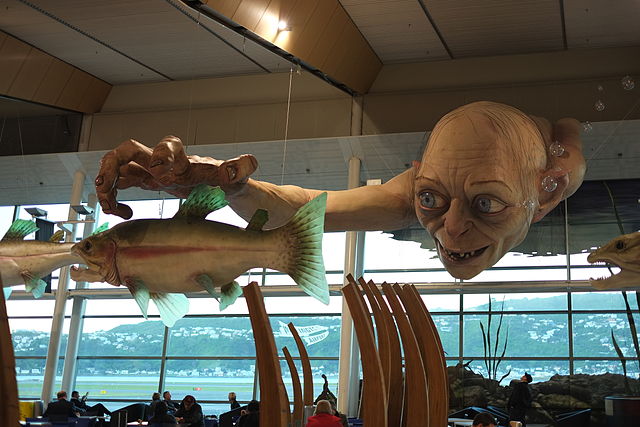
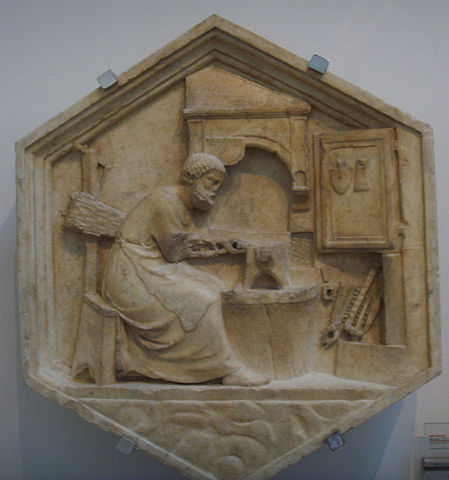
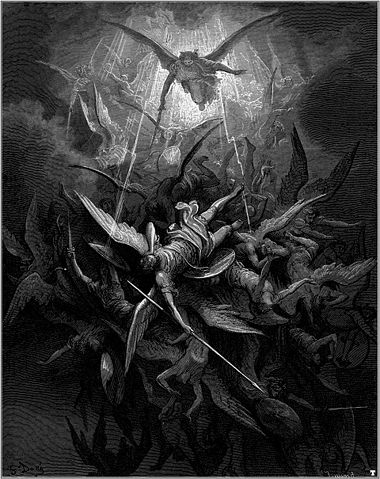
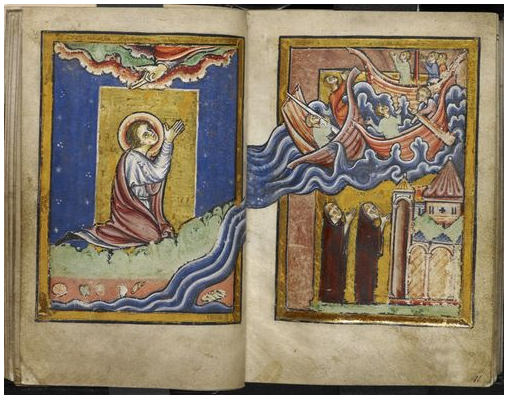
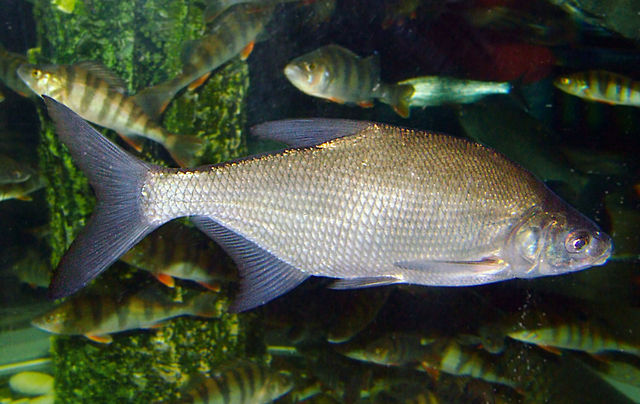
Commentary for Exeter Riddle 77
MEGANCAVELL
Date: Thu 17 May 2018Matching Riddle: Exeter Riddle 77
GOODness gracious me. I’m clearly very out of practice, since this post took a veritable age and a half to write up. This is strange, in a way, since Riddle 77 is one of the least controversial riddles when it comes to solution-hunting: scholars are pretty much agreed that this watery tale of violent captivity, death and consumption concerns an oyster. But, even with this uncharacteristic scholarly agreement, there’s still lots to say about this and other early medieval oysters. Settle in and let us begin.
I should start by saying that – as with all the riddles toward the end of the Exeter Book – there’s some damage from the infamous hot poker here (not a metaphor…apparently, some very bad person put a literal hot poker on this fabulous manuscript, and they shall be forever damned in the eyes of medievalists). It’s strangely and gruesomely appropriate that the riddle ends with a reference to the solution’s uncooked-ness, just as the book itself heats up (sorry). But more on the riddle’s reference to cooking in a moment.
First, let’s think a little bit about the importance of environment. I’m thinking especially of the emphasis on sea and waves, which are represented here as a sundhelm (water-helm) (line 1b). This brilliant compound, when taken together with the reference to the ocean having concealed (wrugon) the oyster, reminds me of another truly fab word: heoloþhelm (helmet of invisibility). That’s right: the early English had a term for this…and not just them, since it exists in continental Old Saxon as well! Too. Good.
Anywho, a heoloþhelm is a particularly diabolic object. The devil sports this particular head-gear in Genesis B (line 444a) and in The Whale:
he him feorgbona
þurh sliþen searo siþþan weorþeð,
wloncum ond heanum, þe his willan her
firenum fremmað, mid þam he færinga,
heoloþhelme biþeaht, helle seceð,
goda geasne, grundleasne wylm
under mistglome, swa se micla hwæl,
se þe bisenceð sæliþende
eorlas ond yðmearas. (lines 41b-9a)
(he then becomes a murderer to them, through savage cunning, to the proud and to the lowly, those who sinfully perform his will here; with those, surrounded by a helmet of invisibility, deprived of virtues, he suddenly seeks out hell, the bottomless surge under the mist-gloom, just like the great whale, which sinks sea-travellers, men and their wave-horses.)
Okay so, there’s a link between helmets and the ocean and concealment and the devil in Old English poetry. Got it. But that’s not really what we’re dealing with here. This sundhelm (water-helm) is a protective and sustaining force for a creature with seemingly little agency when removed from the right environment. I like to imagine this poem being read out by David Attenborough on Blue Planet or similar. “The oyster, cleverly concealed below the depths, thinks it’s safe…until…” Alas, I couldn’t find any relevant clips from a nature doc online, but you may enjoy this somewhat-cheesily-narrated time-lapse video of oysters feeding:
The opening and closing of all those oysters’ shells is what we see in this riddle: Oft ic flode ongean / muð ontynde (Often I, facing the flood, opened my mouth) (lines 3b-4a). Karl Steel says these lines form a loop with the opening half-line: “Then, almost halfway through, with the “muð ontynde,” the opened mouth, it is as if the riddle reaches back to its first line, “sae mec feede,” the sea fed me, closing the loop on the opening to circulate the sea again and again through the oyster’s cavernous body. In the loop we have distinction without antagonism, difference disentangled from the struggle for recognition.” Nicely put, Karl.
The riddler sets up the oyster’s open mouth in opposition to human mouths…or, rather, the riddler shows how the oyster goes from having an open mouth into the mouth of another: Nu wile monna sum / min flæsc fretan (Now a certain person wishes to devour my flesh) (lines 4b-5a). This desire to devour is realised at the end of the (fragmentary) poem when the person iteð unsodene (eats [the oyster] uncooked) (line 8a). Several scholars have commented on the differences between the verbs fretan and etan (iteð is a form of this verb): the first is generally used of animals, and suggests a voracious sort of eating when it’s applied to humans, while etan is generally reserved for human use (Magennis, pages 74-76). Mercedes Salvador-Bello also chimes in here, emphasizing that fretan is often used “in literary passages that, regardless of animal or human context, explicitly or implicitly disapprove of the action that is being described” (pages 402-3). This is the sort of eating we should be judgey about, in other words.
Eating is, of course, one of many activities that invited judgement in the highly religious context of this riddle’s production. Most of the folks who write about this poem link it to another, called The Seasons for Fasting:
sona hie on mergan mæssan syngað
and forþegide, þurste gebæded,
æfter tæppere teoþ geond stræta.
Hwæt! Hi leaslice leogan ongynnað
and þone tæppere tyhtaþ gelome,
secgaþ þæt he synleas syllan mote
ostran to æte and æþele wyn
emb morgentyd, þæs þe me þingeð
þæt hund and wulf healdað þa ilcan
wisan on worulde and ne wigliað
hwæne hie to mose fon, mæða bedæled.
(Dobbie, page 104, lines 213-23)
(immediately in the morning they sing their masses and, consumed, compelled by thirst, go through the streets looking for a tavern-keeper. Behold! They begin to lie deceptively and pressure the tavern-keeper frequently, say that he can give them oysters to eat and good wine without sin at that time of the morning, so it seems to me that the hound and wolf have the same manner in the world and do not know when they may seize food, lacking moderation.)
This poem is especially incensed by the idea that a fasting priest might get away with gluttony because oysters weren’t prohibited during fasts (Salvador-Bello, page 405). Like fish, they could be eaten, but in moderation only. And they certainly shouldn’t be wolfed down, raw or otherwise.
An oyster from the early 12th-century English bestiary in Oxford, Bodleian Library, MS. Laud Misc. 247, fol. 166v. Photo: Bodleian Libraries, University of Oxford, 2018.
We know that oysters were eaten in large quantities in early medieval England, and not just in coastal areas (Hagen, pages 169-70). They were so common, in fact, that monastic sign language (yes, monks had sign language…is this the coolest thing you’ve ever heard?) included a sign for oysters. The 11th-century Old English version of Monasteriales Indicia includes the following description:
Gif þu ostran habban wylle þonne clæm þu þine wynstran hand ðam gemete þe þu ostran on handa hæbbe and do mid sexe oððe mid fingre swylce þu ostran scenan wyll.
(If you want an oyster, then close your left hand, as if you had an oyster in your hand, and make with a knife or with your fingers as if you were going to open the oyster.) (Banham, pages 36-7, no. 72)
Here’s what it looks like in the manuscript:
Rules in monastic communities were particularly firm after the late tenth-century Benedictine reform, and sign language was an important way of keeping things running at times when monks weren’t allowed to speak. Debby Banham notes that the Old English version of Monasteriales Indicia in particular has very few signs for sea creatures: just one for fish in general, and one each for eels and oysters (Food and Drink, page 65). This suggests oysters were very common in the monastic refectory.
But despite their commonness, the oyster in this particular riddle is unique. Did you notice the violence of the oyster-shucking scene? This doesn’t seem to be driven by your run-of-the-mill “don’t be a glutton” rhetoric. And, in fact, the poem’s imagery is really quite strange: Riddle 77’s creature speaks of its fell (skin) and hyd (hide), using terms that are more familiarly associated with mammals. In fact, this riddle is the only case where either term refers to a shell. And there’s another link to a mammal when the oyster describes the seaxes orde (point of a knife) tearing the shell of sidan (from [its] side) (line 6). This reminds me of the end of Riddle 72, when the ox describes his stoic resignation in the face of the ploughman’s goad:
Oft mec isern scod
sare on sidan; ic swigade,
næfre meldade monna ængum
gif me ordstæpe egle wæron. (lines 15b-18)
(Often iron hurt me sorely in the side; I was silent, never accused any man if goad-pricks were painful to me.)
Heide Estes argues that the “foregrounding of violence to the animal as a prelude to human consumption in Riddle 77 […] suggests that the Anglo-Saxons had some sense that avoiding meat consumption was spiritually superior, though from the point of view of human asceticism rather than out of any concern for the animal” (page 122). In other words, monks ate meat rarely, not for ethical reasons, but because discipline and moderation brought them closer to their God. Given that the ox in Riddle 72 receives similarly violent treatment but is removed from the context of eating, I think we can push Heide’s argument further. The riddles show an understanding of and queasy discomfort with the pain that humans inflict upon other animals.
Bit of a depressing way to end a post, I know. Here, enjoy this bizarre infantilization of oysters from Alice and Wonderland by way of compensation:
References and Suggested Reading
Banham, Debby. Food and Drink in Anglo-Saxon England. Stroud: Tempus, 2004.
Banham, Debby, ed. and trans. Monasteriales Indicia: The Anglo-Saxon Sign Language. Middlesex: Anglo-Saxon Books, 1991.
Dobbie, Elliott van Kirk Dobbie, ed. The Anglo-Saxon Minor Poems. New York: Columbia University Press, 1942.
Estes, Heide. Anglo-Saxon Literary Landscapes: Ecotheory and the Environmental Imagination. Amsterdam: University of Amsterdam Press, 2017).
Hagen, Ann. Anglo-Saxon Food and Drink: Production, Processing, Distribution and Consumption. Hockwold cum Wilton: Anglo-Saxon Books, 2006.
Magennis, Hugh. Anglo-Saxon Appetites: Food and Drink and their Consumption in Old English and Related Literature. Dublin: Four Courts, 1999.
Salvador(-Bello), Mercedes. “The Oyster and the Crab: A Riddle Duo (nos. 77 and 78) in the Exeter Book.” Modern Philology, vol. 101, issue 3 (Feb. 2004), pages 400-19.
Steel, Karl. “Exeter Riddle 77: The Oyster.” Medieval Karl, 30 January 2017 https://medievalkarl.com/2017../../../riddles/post/exeter-riddle-77-the-oyster/
Tags: anglo saxon exeter book riddles old english solutions riddle 77
Related Posts:
Commentary for Exeter Riddle 72